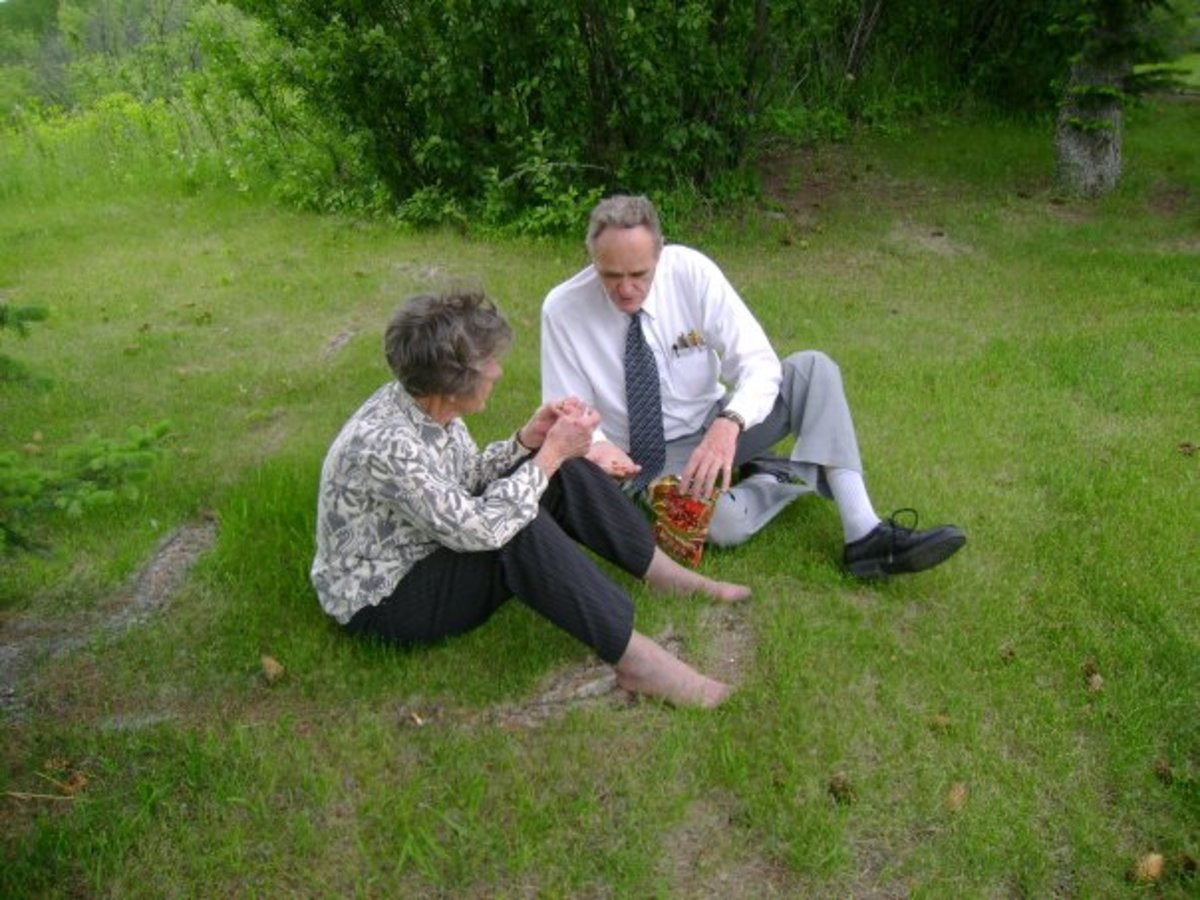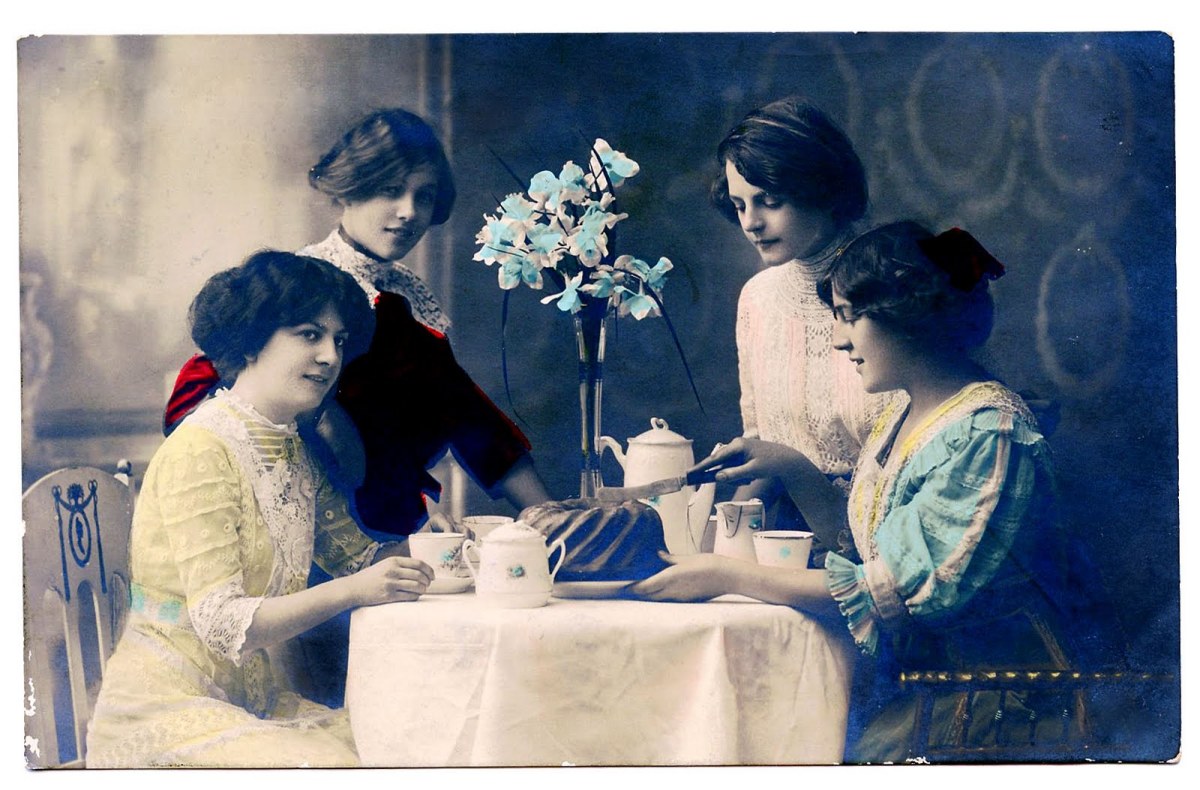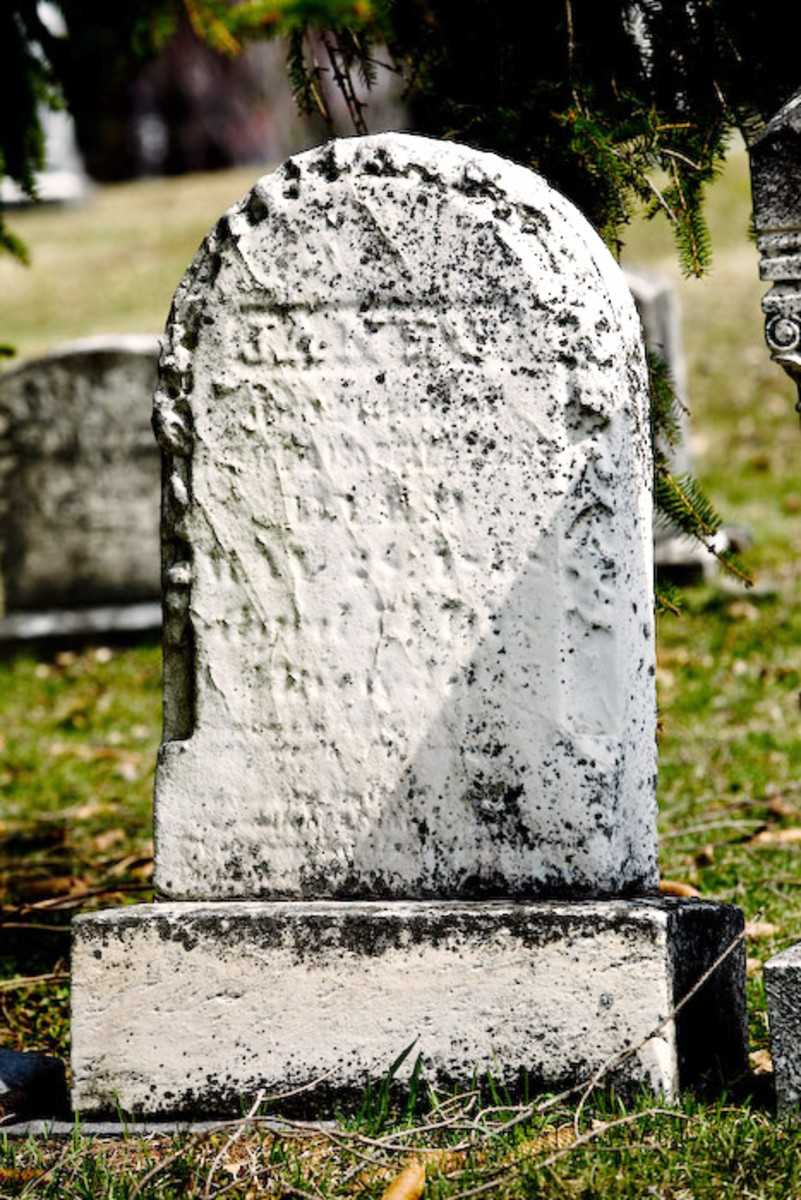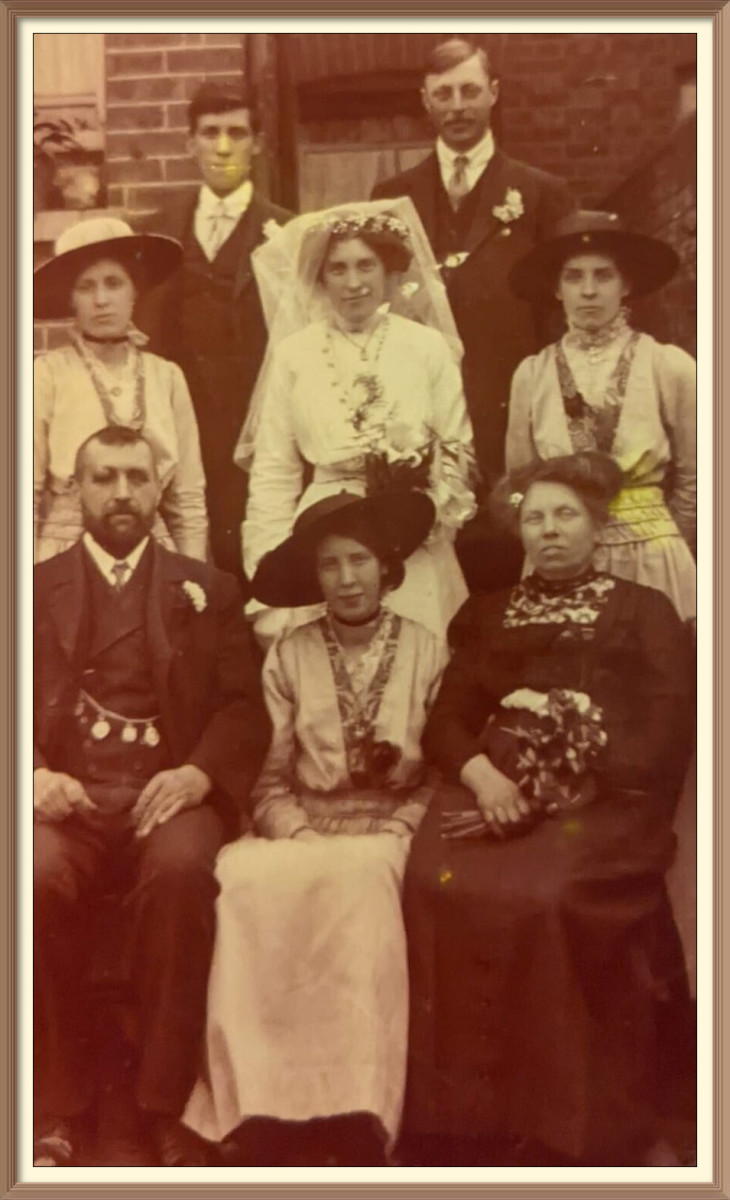How to: Family History Interviews
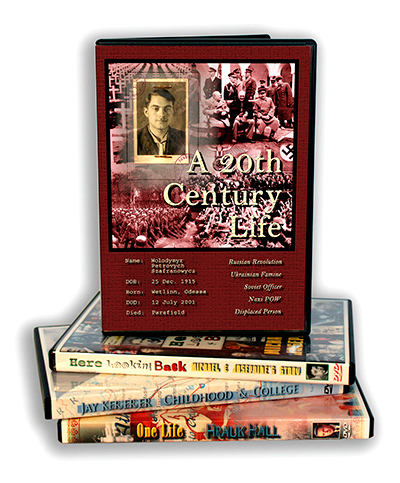
Interviewing family about their lives is fulfilling and fun! And important.
You see, it's my business. I must have conducted over a thousand interviews on camera (and otherwise) over the last ten years. And today I am going to tell you how to set up your own family history interview and give you some interview questions; I'll identify a few helpful resources and point out some pitfalls, and I will divulge a few pro secrets.
Preserving the stories of your older family members grants them a kind of immortality, ensuring they remain a presence long after their passing. And they will really enjoy the attention and the process. It makes me sad when I reflect that many kids will just let their parents go without recording their story. I did that with my Dad and I regret it to this day.
Think about it – our parents have lived through some of the most astonishing moments of 20th Century history. As mothers and fathers, or as uncles and aunts, they are the sole witnesses to much of our own history. Try identifying the people in all the old family photos without them. And they won't be here forever. You gotta do it. Really. So, let's get started with my pro tips for conducting a family history interview.
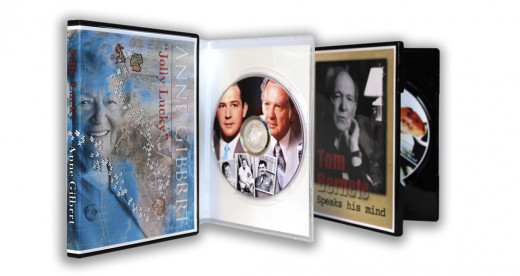
Fishing for Stories: They Can be Evasive
Actually, it's never a good time to conduct a family history interview. People (you and your subject) are busy, or traveling, or working, or going to clubs or meetings. People are visiting the doctor, or finishing other projects, or minding the grandkids.
Truth is, interviewing relatives is like fishing: you have to find the time AND even when you are ready they don't just jump into the boat. In fact, once you finally decide to conduct a family history interview, a lot of family members just aren't that keen. Surprising, but true. So, you may have to push or persuade, or cajole or even lecture.
Tip: Don't let the perfect be the enemy of the good: Make a start as soon as you can.
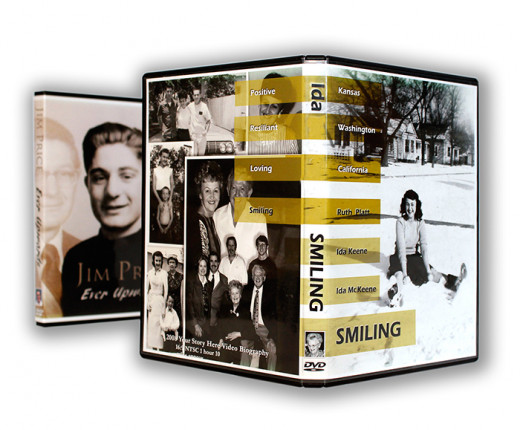
Common Objections to the Family History Interview
You may hear “I'm very busy this month”; or “early next year would suit me better”. And, being the attentive, caring son or daughter that you are - you may pull back. Keep in mind though that the subject could be masking a more formidable objection that will have to be overcome.
Many of the real reasons for reluctance to take part in a family history interview are seldom expressed. They include: Vanity – I just don't look so nice or sound so good any more; Modesty – I never really did anything important or went anywhere; Poor Memory – some old folks are (rightly) worried about their recall even on matters as common place as the names of all the grandkids; and Shame – buried or mostly forgotten mistakes (e.g. a child born just a tad too soon) can also make your subject want to keep the door to their history firmly closed.
Other factors that can derail you before you even get started include: Family Conflict – second wives or husbands can complicate the picture, and including step children along with natural children can be tricky; Selfishness – the sad truth is that some folks just don't see anything in it for them and just don't want to bother; and Despondency – mild depression in older folks can certainly drain your bright idea for a family documentary of all savor for the subject.
Tip: Ensure family buy-in by letting all relevant family members know what you are doing and that you will share the results with them.
Time, Tea and Sympathy
If the subject is reluctant you may have to spend the time to understand where the issues are - and if possible meet the objection (e.g. "Grandma, we're not going to ask about dates; you'll get to see the interview - anything you don't like we'll take out" etc).
Mostly, overcoming objections just takes time, tea and sympathy.
But also be ready with the positive reasons for carrying out your family history interview: "Do it for me and the grandkids and/or the nieces and nephews" (very important); "You will find the whole exercise really worthwhile and fun" (always true); "You may come to understand your real reasons for things after all (often true); If you don't you won't see your grandkids again" (last resort!).
Assuming you get to yes, go ahead and set up the recording session.
Tip: Set aside two days, one week apart, for the interview - ideally during the ordinary work week (this is business after all). Visit once at least beforehand.
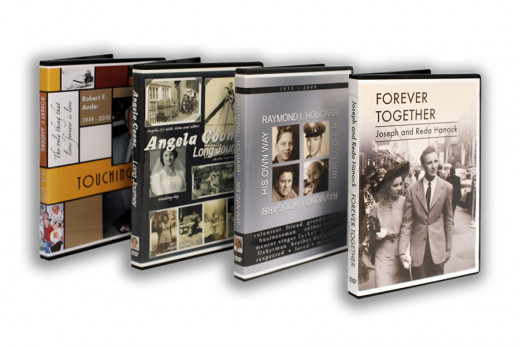
Best Recording Choices for the Interview
The point of interviewing family members is to record something that will last long after they are no longer around. And the choices are three: writing, audio and video.
Producing family history videos as I do, I prefer video and you should too. Why? Because in a real sense it encompasses all three media choices: with video you can edit it into a family history documentary; you can output the audio and create audio tracks for a CD or iTunes (for example); and you can create a transcript.
I occasionally hear the concern that technology will overtake all video and audio formats and therefore writing is best. I think you can relax on that one: I don't know a single olde worlde format (glass-plate photos, Super8, VHS etc) that the modern world (my own shop included) can't convert and transfer.
When recording to video or audio, you must use an external microphone (relax, they start cheap). For video, make sure your subject is well lit (and your camera is color balanced) and take care the subject is positioned just off center of the picture frame.
Tip: Immediately upon completion, make a copy of your recording and send it off-site somewhere (e.g. a cousin) for safe keeping and as a backup.
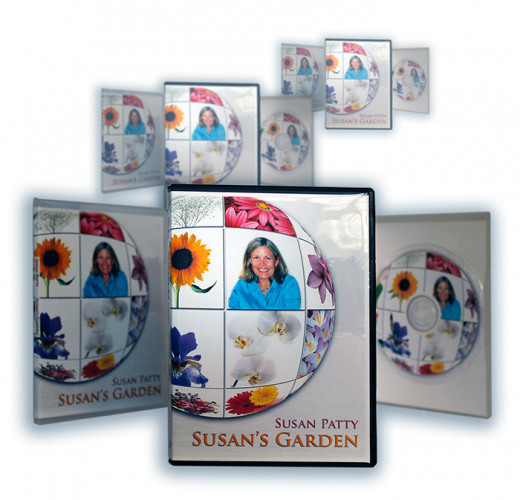
Family History Interview Questions
It's a good idea to jot down the questions you plan to ask in the interview. It's also a good idea to follow a chronological order. I have covered the subject of family history interview questions - and some places to go to find them - elsewhere in my Video Biography Central blog in more detail that I have room for here.
Keep in mind that open ended questions work best – avoid questions that can be answered “yes” or “no”. Give plenty of time for the answer and follow up frequently with “Why?”, “How?” and “What?”
OK, you will need to work on your own questions but here are my top five “must include” questions for every family history interview:
-
What have been your best years, your most rewarding times?
-
Over the course of your life, what have you learned about how the world really works?
-
What do you know about living a happy and successful life now, that you didn't know when you were younger?
-
Tell me about the principles or rules that you try to live by?
-
Do you have any regrets? And are there any people to whom you would like to apologize?
Tip: At the conclusion of a section of the interview (“Childhood” for example) ask a catch-all question such as: “Is there anything else you want to say about your grandparents/childhood/first job etc?”
Other Interview Matters to Consider
Is it a good idea to interview people together? Yes, especially couples – it can be a good ice breaker. But also spend time one-on-one. Best to keep on-lookers out of the room though.
What about pre-interviews? Essential. You want the subject to know what to expect.
Location? The subject's home, whenever possible. They will be more relaxed and you will have access to any relevant props.
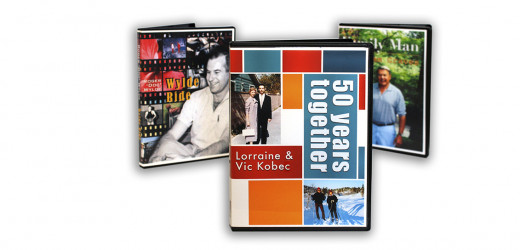
Props? It's always a good idea to have keepsakes or photos on hand to pass across and ask the subject about.
Breaks? Depending on the person's stamina and circumstances, take frequent breaks (at least once an hour) and reassure the subject that they are doing well.
What about the sensitive questions? Ask them, preferably towards the end when the subject is warmed up.
Tip: If you are recording to a device, stop and check what you have early on. Sometimes a setting is off and you don't want to find only out at the end (or worse, months or years later!).
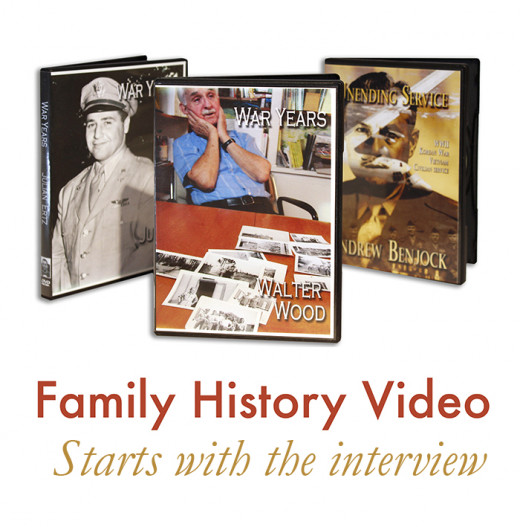
Finishing Up
Once you have the interview and you are satisfied you have done justice to the person's life story, all pressure is now off!
Later, you may want to edit a family history documentary, or cut the audio into tracks for a CD to send around to the cousins at Christmas, or make and self publish a blog or a book using photos you have scanned.
But for now lean back and congratulate yourself for achieving something that somehow evades more than 95% of the rest of us:
You have captured a priceless family story with your own family history interview.
Other HubPage Resources
- Family History: Interview your Grandparents, One at a Time
The life story of my mother, the life story of my father and the life stories of my two sets of grandparents are all precious possessions of mine. Their life experiences resonate in the day-to-day experiences I have. The bonds in families build stron - How to Digitize Family History
Today is a good day to digitize your family history. The equipment has never been cheaper, storage for your files is all but free, and once done, you remove forever the risk that a fire or flood carries away your heritage. - How to Conduct A Family History Interview
Conducting an informal family history interview may be a way to gather facts and find out about the oral history of your family. Find some tips and strategies that can help get you the genealogy information you want.

